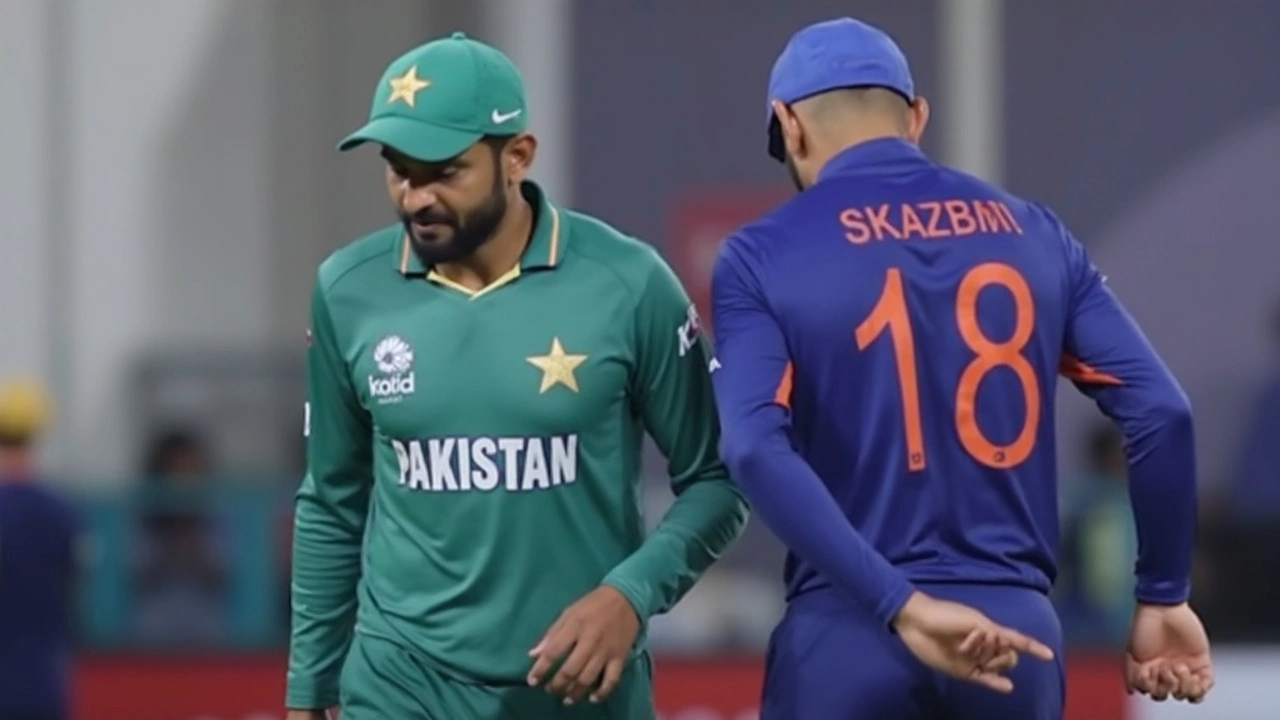Asia Cup 2025: Cricket Caught in the Crossfire
The Asia Cup is supposed to be a marquee event on the cricket calendar, but the 2025 edition has already been overshadowed by rising India-Pakistan tensions. After a deadly attack in Pahalgam earlier this year, calls from former Indian players and cricketing officials for a complete boycott of Pakistan have been loud and clear. Nobody wants to see sport become a casualty of politics, but that's exactly where things stand.
The Asian Cricket Council (ACC) is in a bind. On one side, stakeholders are worried about missing out on a massive $170 million media rights windfall, most of which depends on the presence (and clashes) of India and Pakistan. Advertisers and broadcasters see this as a golden ticket—matches between these two countries draw record TV audiences and send social media into a frenzy. On the other hand, there's real fear about the safety of the players and fans if matches go ahead in India. The result? The United Arab Emirates is suddenly in the spotlight as the neutral ground yet again.
UAE Steps Up: A Familiar Stage for Asian Cricket
The UAE isn't new to these last-minute hosting duties. City stadiums in Dubai, Abu Dhabi, and Sharjah have saved tournaments before—hosting the Asia Cup in 1984, 1995, and more recently, 2018. Security isn't the only reason for this choice. The UAE offers a cricket-friendly climate, top-notch facilities, and crucially, it remains out of the direct political firing line that derails cricket in the subcontinent. Fans living in or traveling to the Middle East have never complained about the electric atmosphere either.
This isn't just a venue switch. The format's getting a revamp too. To match the ICC's travel schedule, the Asia Cup will run as a T20 tournament this time, rather than the usual 50-over setup seen in Pakistan just last year. There will be six teams: India, Pakistan, Afghanistan, Sri Lanka, Bangladesh, and hosts UAE, with the action likely kicking off on September 10. ACC officials are racing to hammer out the full match schedule, and they're promising announcements by early July—hoping the dust settles enough for all sides to agree.
So, what happens if India stands firm and refuses to play against Pakistan? That's the big question. The Board of Control for Cricket in India (BCCI), along with vocal ex-players like Gautam Gambhir, continues to pile on the pressure to lower cricketing ties with Pakistan. The ACC is trying to keep everyone at the table for the sake of the game—and big sponsorships draining away would hit every board hard, especially after the financial shocks of the last few years.
Right now, promotional campaigns have started, the TV rights clock is ticking, and everyone from team managers to hotel chains in the UAE is prepping as if the tournament is a done deal. But with old wounds between India and Pakistan being opened up yet again, no one can call this one until the players take the field. The only certainty in cricket these days? Nothing is ever certain, especially in the shadow of geopolitics.
